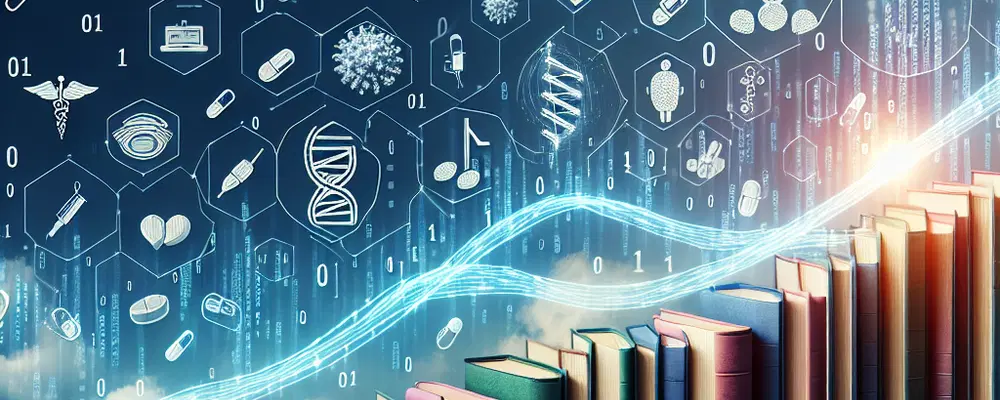Navigating Semantic Authoring Techniques in Medicine

The Rise of Semantic Authoring in Medical Literature
The advent of semantic authoring in medical literature signifies a transformative shift in how medical knowledge is documented and conveyed. By leveraging the principles of semantic analysis, clinicians and researchers can create content that is both machine-readable and rich in contextual information. This paradigm enhances the discoverability and interoperability of medical studies, allowing for more nuanced and comprehensive data retrieval. As semantic authoring gains traction, it is poised to revolutionize the accessibility of medical insights, facilitating a deeper understanding of complex health issues.
Decoding medical text has always been a challenge, but semantic analysis is now casting new light on the nuanced language of healthcare. Through the use of advanced algorithms and natural language processing, semantic analysis dissects medical documents to extract meaningful patterns and concepts. It undeniably plays a pivotal role in interpreting the lexicon of symptoms, treatments, and outcomes, making it an invaluable tool for healthcare professionals. As a result, medical literature is becoming more transparent and easier to navigate for both experts and laypersons alike.
The fusion of local medical opinions with semantic technologies is bridging gaps in healthcare communication at an unprecedented scale. Local practices and insights, once constrained by geographical and language barriers, are now being woven into a global tapestry of medical knowledge. Semantic tools are crucial in harnessing these diverse perspectives, allowing them to be integrated into a cohesive narrative. This convergence ensures that valuable local knowledge contributes to the global understanding of medical science, enriching patient care worldwide.
Decoding Medical Text: The Role of Semantic Analysis
Semantic authoring techniques are revolutionizing the way medical information is organized, accessed, and understood. By leveraging the principles of semantic analysis, healthcare professionals can uncover deeper insights within medical texts. This approach enables a contextual understanding of literature, ensuring that complex information is interpreted accurately and efficiently. Semantic writing techniques within the medical field enhance the clarity and searchability of documents, paving the way for better-informed clinical decisions.
The role of semantic analysis in decoding medical texts cannot be overstated. It involves the extraction of meaningful patterns and relationships from clinical documentation and research articles. As semantic medical content becomes increasingly prevalent, the need for systems capable of accurate interpretation grows correspondingly. This not only aids in the proper diagnosis and treatment but also supports ongoing medical research by allowing for the rapid analysis of large volumes of literature.
Local medical opinions and practices often vary, but semantic technologies help in bridging these differences. By providing a framework for interpreting and aligning disparate medical perspectives, semantic analysis ensures a standardization of knowledge across the healthcare industry. The synthesis of local insights with global medical standards through semantic writing techniques encourages a more unified and comprehensive approach to patient care and medical research.
Bridging Local Medical Opinions with Semantic Technologies
Semantic authoring is revolutionizing the way medical literature is produced and consumed. By integrating sophisticated semantic analysis techniques, healthcare professionals can now extract more meaningful insights from vast amounts of medical text. This integration facilitates a clearer understanding of local medical opinions, allowing them to be juxtaposed with international standards and research. As a result, medical content is becoming increasingly personalized and relevant to the unique contexts of different communities.
In the realm of medicine, decoding complex medical text through semantic analysis is pivotal for accurate interpretation. Semantic technologies enable the extraction of nuanced information, such as local medical opinions and practices, from otherwise dense and technical documentation. These insights are critical in empowering healthcare providers to make informed decisions that respect both global medical consensus and community-specific health narratives.
Bridging the gap between local medical opinions and global knowledge bases is a challenge that semantic technologies address head-on. By providing tools to analyze and integrate local health reviews into larger databases, semantic authoring not only enhances the authority of local medical knowledge but also ensures its integration into the broader medical discourse. This holistic approach to healthcare literature contributes to the development of more inclusive and authoritative health reviews.